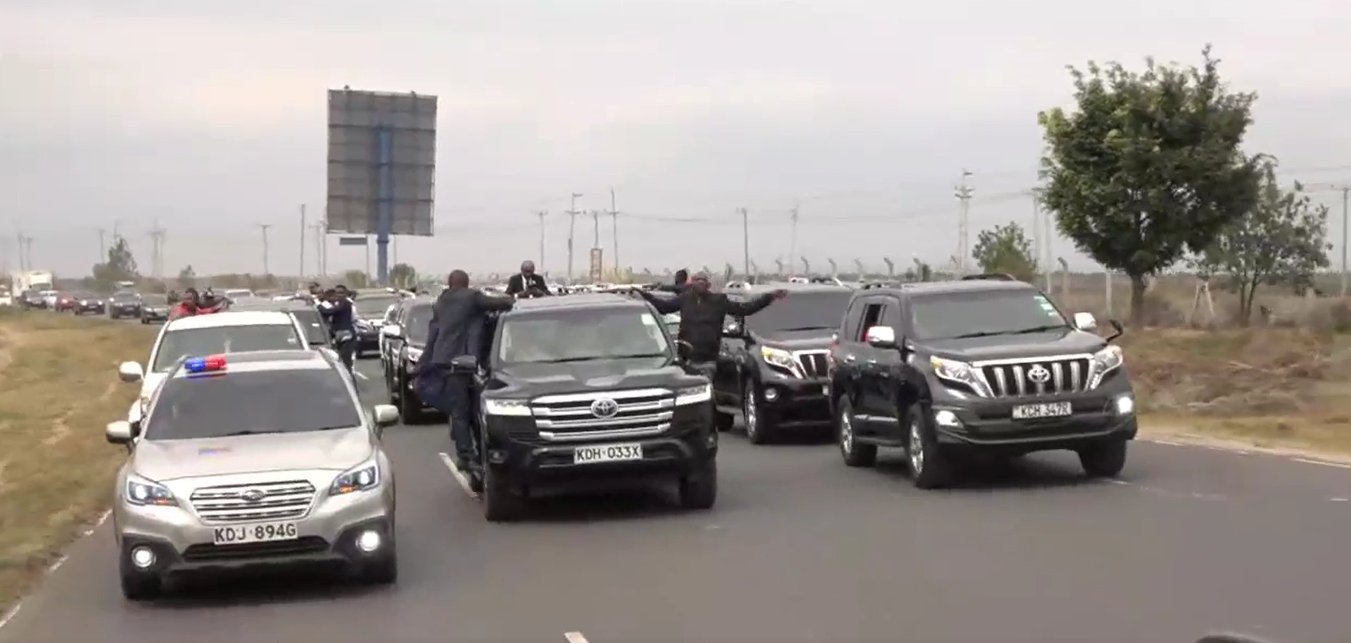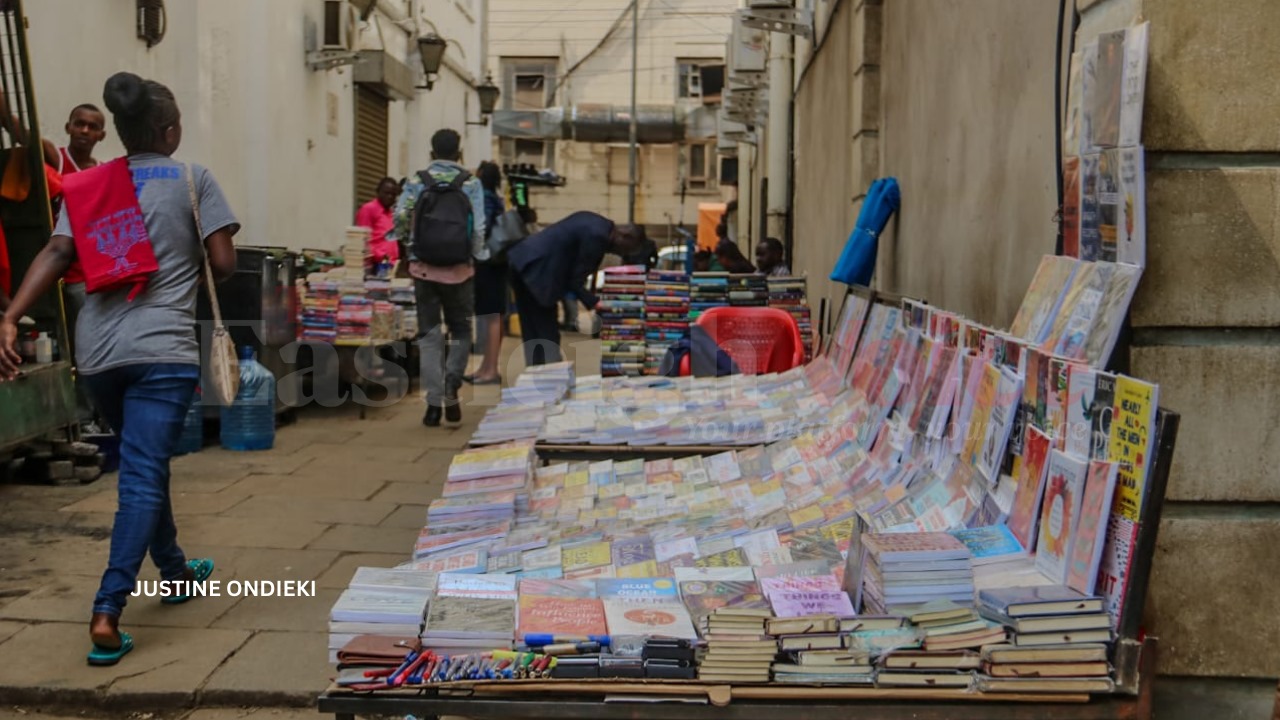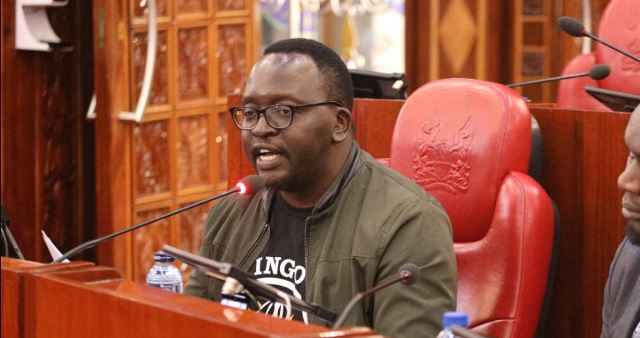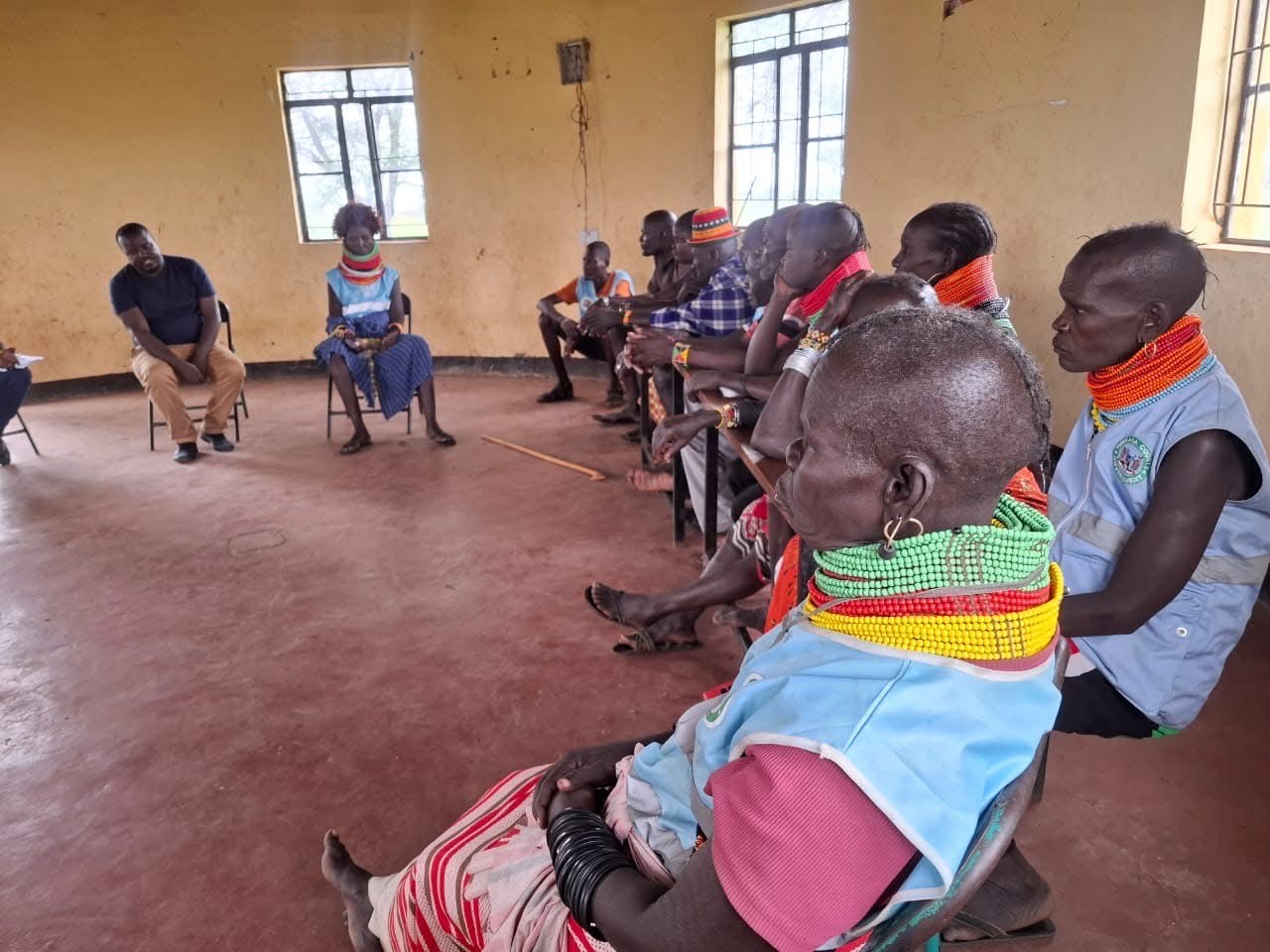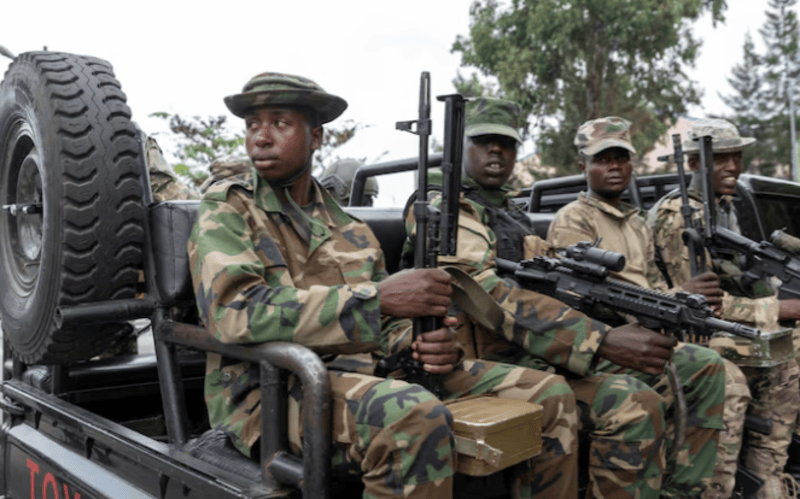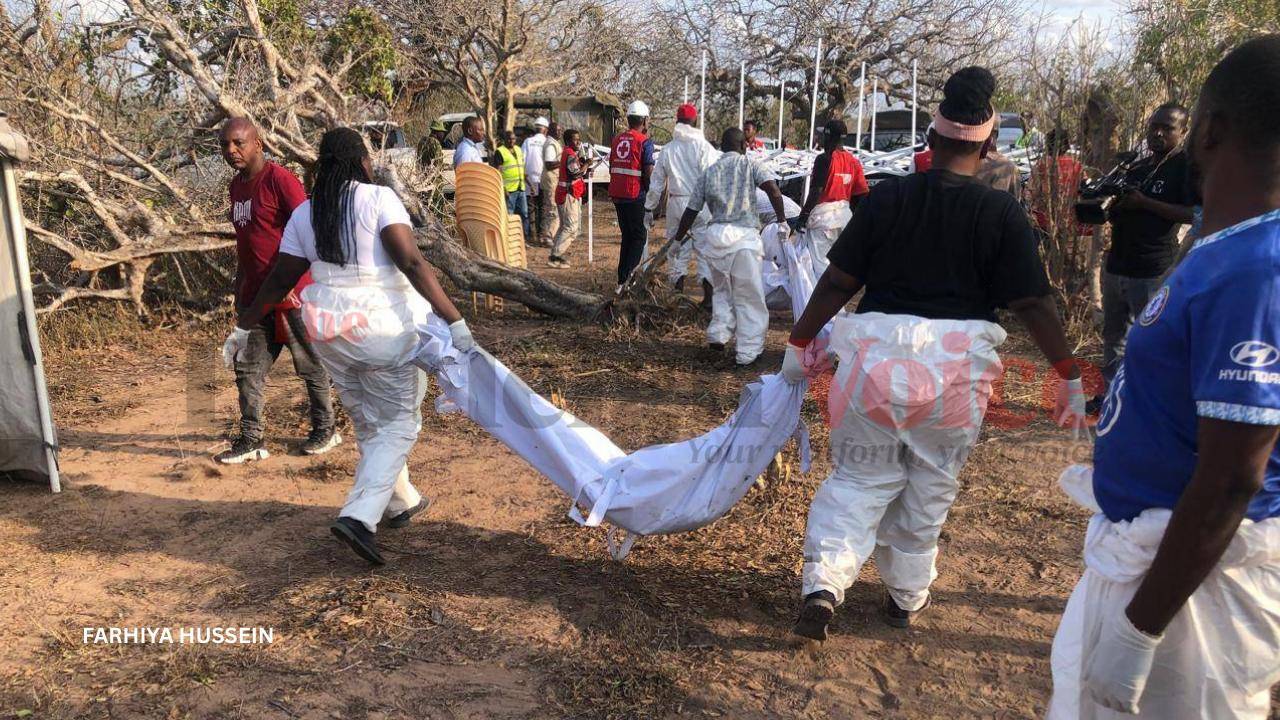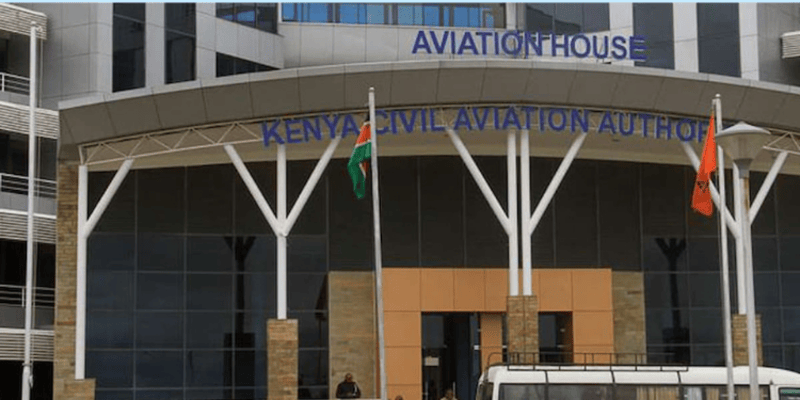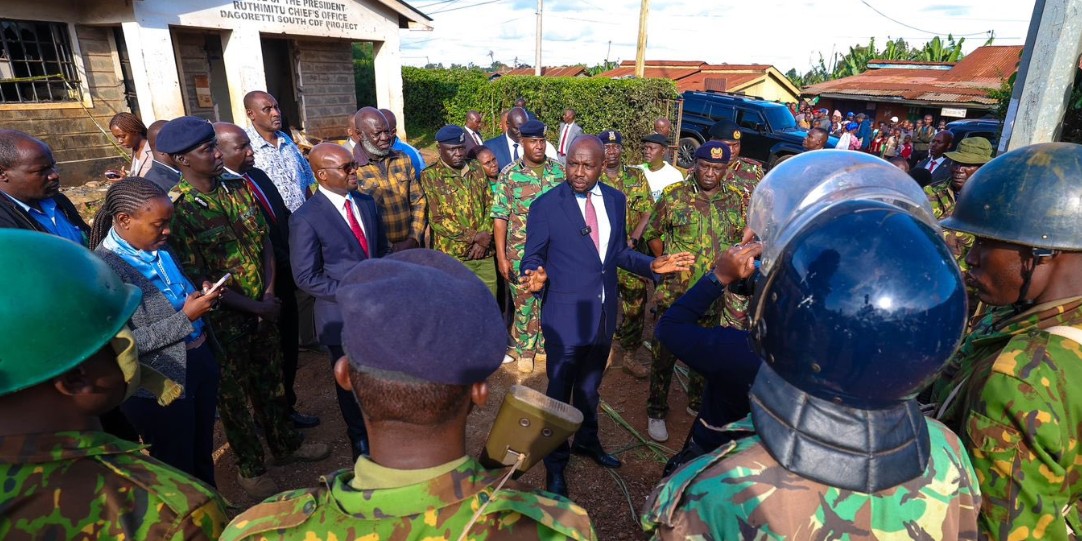Goma in crisis: Mass graves, looted aid and rising Cholera cases
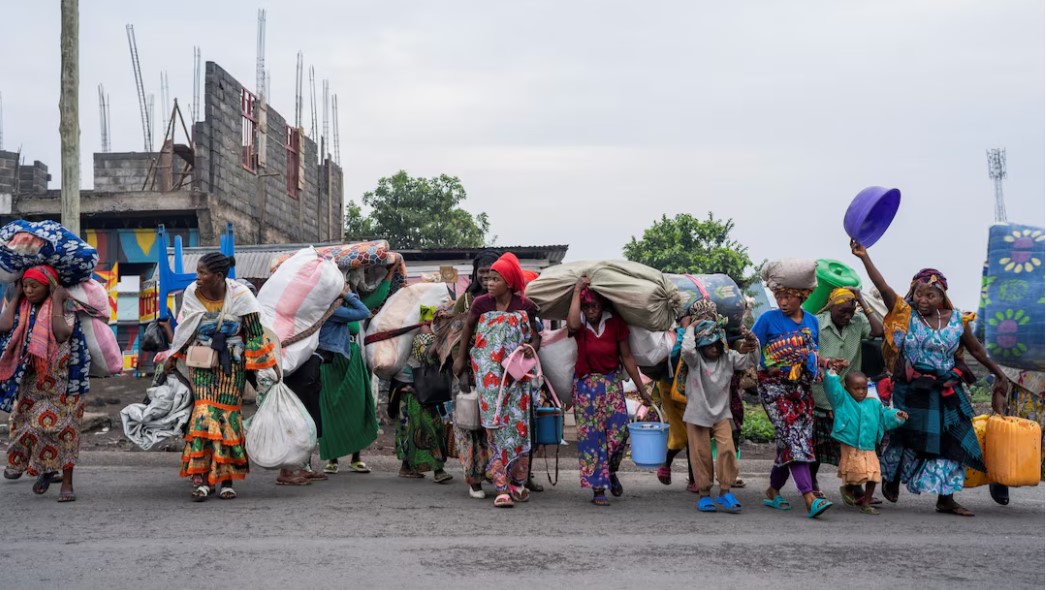
The United Nations Office for the Coordination of Humanitarian Affairs (OCHA) reports that nearly all displacement camps along the Kanyaruchinya axis have been destroyed, forcing people to go back to areas still scarred by conflict.
Goma, once a bustling city in North Kivu Province, is now a place of devastation and fear.
Families who fled violence are returning home, only to find their houses destroyed, their belongings stolen, and their lives in danger.
More To Read
- West Bank settler expansion scheme threatens Palestinian life: UN
- Kenya clarifies nomination of Consul-General to Goma following pushback from DRC
- DRC rejects Kenya’s consul appointment to Goma, citing International law
- US sanctions armed group, companies profiting from illegal mining in DRC
- Hospitals overflowing in Gaza, as malnutrition surges
- More than three million displaced people return home in DRC despite ongoing conflict
With aid supplies looted and hospitals overwhelmed, the situation is growing more desperate by the day.
The United Nations Office for the Coordination of Humanitarian Affairs (OCHA) reports that nearly all displacement camps along the Kanyaruchinya axis have been destroyed, forcing people to go back to areas still scarred by conflict.
"Many have nowhere to go. Some return to find nothing left, while others are forced to sleep on the streets," reads the report released on February 4, 2025.
Violence on the rise
Crime is spreading across Goma with armed groups taking advantage of the chaos, targeting civilians, aid organisations, and medical facilities.
OCHA confirms that warehouses belonging to the World Food Programme (WFP), the International Committee of the Red Cross (ICRC), Médecins Sans Frontières (MSF), UNHCR, and WHO have been looted, leaving thousands without food, water, or medical supplies.
"There is nothing left. The food, the medicine it's all gone," a humanitarian worker said.
Local sources report vehicle hijackings, looting, and attacks on NGOs. On February 1, 2025, armed men stole a vehicle from a UNHCR partner, and the next day, another NGO's vehicle was taken by force.
While no casualties were reported, these incidents have left aid workers scared for their lives.
Even worse, women and girls are at high risk of sexual violence. Armed men are reported to be committing rape in multiple neighbourhoods, including Majengo, Virunga, and Birere.
"Women are terrified to leave their homes," a resident said. "There is no protection."
A city without resources
Goma's hospitals are struggling to cope. Between January 26 and 30,2025, at least 2,880 injured people were admitted to various medical facilities.
Many were wounded in clashes, others by stray bullets or explosions. Doctors warn that supplies are running out fast.
"We are overwhelmed. There aren't enough beds, medicine, or fuel to keep generators running," said a doctor at Goma's General Hospital.
The World Health Organisation (WHO) has deployed medical equipment for 2,000 injured patients and 10,000 cholera cases, but the need is far greater. Many hospitals were damaged during the fighting, and some medical centres were looted, leaving doctors to work with limited resources.
Meanwhile, the dead continue to pile up. The Congolese Red Cross, with support from WHO, has recovered at least 900 bodies from the streets since January 31, and more continue to be found.
"Bodies are everywhere. The risk of disease is enormous," a WHO official warned.
The destruction of water facilities has left many residents with no choice but to drink from Lake Kivu, raising fears of a major cholera outbreak.
WHO has already confirmed cases of cholera, mpox, and measles, and the overcrowded displacement camps are making the spread even worse.
"If nothing is done, we could see thousands infected," warned a health official. "Cholera spreads fast in conditions like this."
UNICEF and its partners have set up 30 chlorination points along the lake and are providing limited water trucking services, but many neighbourhoods remain without clean water.
"The lines at the few remaining water stations are endless. People wait for hours just to get a few litres," reads the report.
Electricity was restored on January 30 after a five-day blackout, but the damage had already been done. Without power, water pumps stopped working, and hospitals struggled to keep medical equipment running.
"The power outage made everything worse. Patients died because ventilators and oxygen machines shut down," says a local nurse.
While some displaced families are returning to their ruined homes, thousands remain in overcrowded camps.
OCHA reports that nearly 43,000 households are crammed into the Bulengo IDP site, while the Lushagala site shelters another 20,000.
More people continue to arrive from conflict zones, adding to the crisis.
"The conditions in the camps are horrific. There's not enough food, barely any medical care, and no security," said an aid worker.
UNICEF has provided 14,000 litres of fuel to keep water stations running, but it is not enough to meet the needs of the growing population.
Meanwhile, cholera cases are rising, and humanitarian groups fear that the disease could wipe out thousands if urgent action is not taken.
Despite everything, some areas of Goma are attempting to recover. Shops are reopening, business owners are cleaning up looted stores, and the border with Rwanda has reopened, allowing some trade to resume.
But schools remain closed, and the internet is still down, cutting off vital communication for residents.
Humanitarian groups say the crisis is far from over.
Top Stories Today



